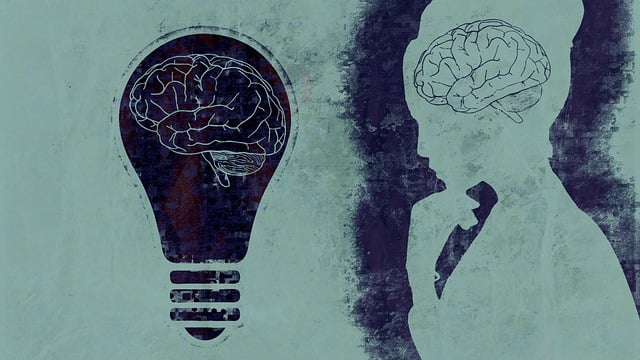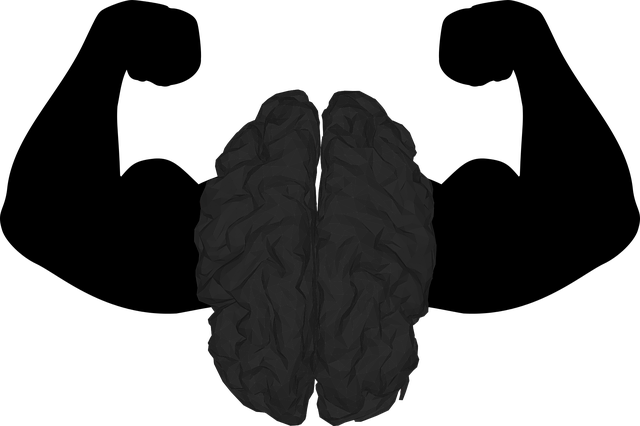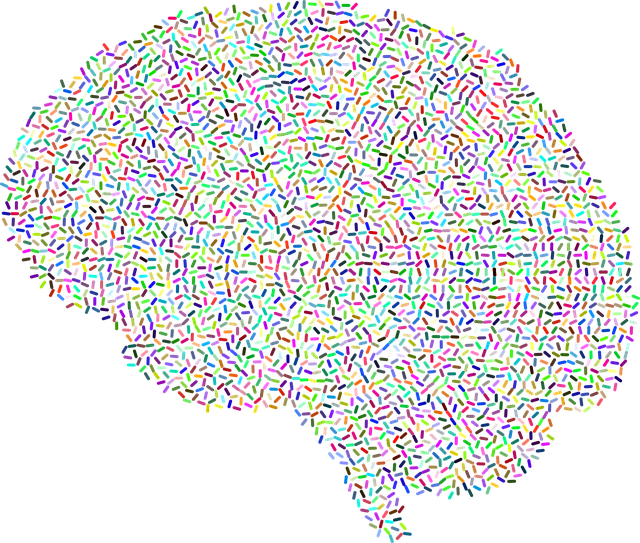Mental wellness apps are gaining popularity as accessible tools for supporting psychological health, including conditions like eating disorders, burnout, and self-esteem issues. These apps provide therapeutic resources through coping mechanisms, mindfulness exercises, and supportive communities. Specifically, eating disorder therapy apps transform support by offering discretely accessible spaces for users to address food, body image, and self-esteem concerns with professional guidance. Effective apps include personalized treatment plans, continuous communication with therapists, progress tracking, goal setting reminders, and engaging designs. The development process involves blending research, design, and technical aspects, such as integrating VR and AI, while ensuring scalable architecture and secure data storage. These advancements promise to revolutionize user experiences and outcomes in eating disorder recovery, fostering resilience through mindfulness exercises and CBT techniques.
In today’s fast-paced world, mental wellness app development is a game-changer, offering accessible therapy solutions. This article explores the growing need for digital mental health support, with a specific focus on eating disorders—a pressing global concern. We’ll delve into the key features making therapy apps effective, uncover technical considerations, and forecast future trends shaping user experiences. By understanding these aspects, we can enhance access to therapy, particularly for eating disorders, improving overall well-being.
- Understanding the Need for Mental Wellness Apps
- Targeting Eating Disorders: A Specific Focus
- Key Features of an Effective Therapy App
- Development Process and Technical Considerations
- Future Trends and Impact on User Well-being
Understanding the Need for Mental Wellness Apps

In today’s fast-paced and often stressful world, mental wellness is more important than ever. The demand for accessible and convenient solutions to support individuals’ psychological health has led to a surge in popularity for mental wellness apps. These applications offer a range of services, from providing therapeutic resources for conditions like eating disorders to assisting with burnout prevention and self-esteem improvement. With the right tools, users can learn coping mechanisms, engage in mindfulness exercises, and connect with like-minded individuals within supportive communities.
Mental wellness apps bridge the gap between traditional therapy and everyday life, making professional support more accessible and less intimidating. They cater to diverse needs, offering personalized experiences that encourage users to take proactive steps towards better mental health. Furthermore, implementing community outreach program initiatives within these apps fosters a sense of belonging and encourages open dialogue, addressing issues like social isolation and stigma surrounding mental health discussions.
Targeting Eating Disorders: A Specific Focus

In the realm of mental wellness app development, focusing on specific conditions like eating disorders can significantly impact user outcomes. Eating disorder therapy apps play a pivotal role in addressing an issue that affects millions globally, offering accessible and discrete support to those in need. These applications provide a digital space for individuals to explore their relationship with food, body image, and self-esteem, all while receiving tailored guidance from professional therapists.
By targeting eating disorders, app developers can contribute to burnout prevention among mental health professionals by offloading some of the initial assessment and monitoring responsibilities. Additionally, these apps often incorporate risk assessment tools, enabling users to receive timely interventions and support before situations escalate. Incorporating strategies for anxiety relief is another valuable aspect, as many eating disorder sufferers also grapple with heightened anxiety levels. Through interactive features and educational content, mental wellness apps can foster awareness and promote positive behavioral changes, ultimately enhancing the overall well-being of users struggling with eating disorders.
Key Features of an Effective Therapy App

An effective mental wellness app, particularly focused on therapy for eating disorders, should incorporate several key features to enhance user engagement and therapeutic outcomes. Firstly, a robust platform allows users to access personalized treatment plans tailored to their specific needs. This could include modules on cognitive behavioral therapy (CBT), mindfulness exercises, and self-care practices designed by licensed therapists or mental health professionals.
Additionally, the app should facilitate ongoing communication with therapists through secure messaging, video calls, or chat functions, fostering continuous emotional healing processes and support. Incorporating features for tracking progress, setting goals, and receiving motivational reminders can also help users stay on course during their therapy journeys. By seamlessly integrating mental health education programs within engaging designs, these apps have the potential to revolutionize access to care and promote holistic well-being.
Development Process and Technical Considerations

The development process for a mental wellness app, especially one catering to eating disorders, involves careful consideration and a structured approach. It begins with extensive research into the latest therapeutic methods and best practices in treating such conditions. This includes exploring evidence-based techniques like cognitive behavioural therapy (CBT) and mindfulness practices that can be integrated into the app’s features. The design phase focuses on creating an intuitive user interface, ensuring accessibility and privacy for users seeking sensitive emotional healing processes.
Technical considerations play a pivotal role in successful development. Developers must opt for scalable architectures to handle varying user demands, especially during peak usage times. Incorporating secure data storage methods is essential to protect user information, as eating disorder apps often involve personal and confidential details related to coping skills development and conflict resolution techniques. Additionally, integrating with healthcare platforms or allowing professional therapists to remotely monitor progress can enhance the app’s therapeutic value.
Future Trends and Impact on User Well-being

As technology continues to evolve, mental wellness apps are poised to transform user experiences and outcomes. Future trends suggest increased integration with Virtual Reality (VR) and Artificial Intelligence (AI), offering immersive therapy sessions for conditions like eating disorders. AI-driven personalized plans can adapt to individual needs, enhancing the effectiveness of treatment. For instance, VR can create safe, controlled environments for exposure therapy, helping users confront fears and anxiety in a virtual space.
Risk Management Planning for Mental Health Professionals will become more critical with these advancements. Burnout prevention strategies will be essential as app usage increases. Additionally, apps can facilitate Inner Strength Development by providing accessible mindfulness exercises, cognitive behavioral therapy (CBT) techniques, and support networks. These innovations aim to promote holistic mental wellness, ensuring users have access to resources that foster resilience and self-care at their fingertips.
Mental wellness apps, especially those focusing on therapy for eating disorders, are transforming access to care. By leveraging technology, these applications offer discreet, personalized support tailored to individual needs. As the field advances, continuous innovation in features and development processes will be key to enhancing user experiences and promoting positive mental health outcomes, particularly in managing eating disorders.








